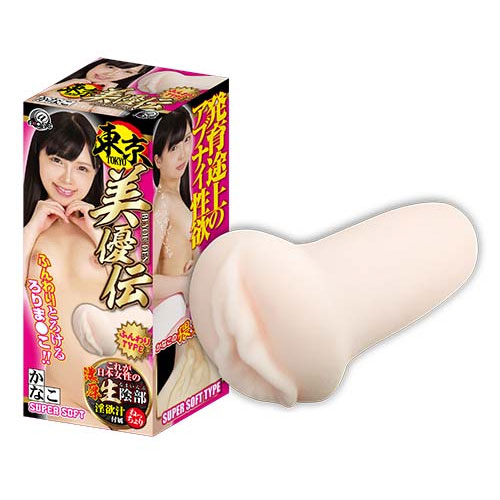
新入荷再入荷
新品 ハイドロゲン ショッピングバッグ トート メンズ レディース 男女兼用 バッグ
 タイムセール
タイムセール
終了まで
00
00
00
999円以上お買上げで送料無料(※)
999円以上お買上げで代引き手数料無料
999円以上お買上げで代引き手数料無料
通販と店舗では販売価格や税表示が異なる場合がございます。また店頭ではすでに品切れの場合もございます。予めご了承ください。
商品詳細情報
| 管理番号 | 新品 :24059602 | 発売日 | 2024/08/30 | 定価 | 15,500円 | 型番 | 24059602 | ||
|---|---|---|---|---|---|---|---|---|---|
| カテゴリ | |||||||||
新品 ハイドロゲン ショッピングバッグ トート メンズ レディース 男女兼用 バッグ
ハイドロゲン ショッピングバッグ SHOPPING BAG メンズ ブラック メイン素材: 表地:ポリエステル85%, ポリ塩化ビニール15% 裏地:ナイロン100% 素材構成: 表地:ポリエステル85%, ポリ塩化ビニル15% 裏地:ナイロン サイズ 縦37cm 横幅46cm 底マチ12cm 持ち手長さ60cm 希少品のためお値引きはご容赦下さい。 商品概要 耐久性のあるメッシュ素材を使用したのトートバッグ。ジッパー付き外ポケット、ハイドロゲンロゴのジャカードラベル、ジップ付き大きな内ポケットと機能的なデザインに。ハイドロゲンのパーソナライズされたグログランハンドルも特徴的。




























